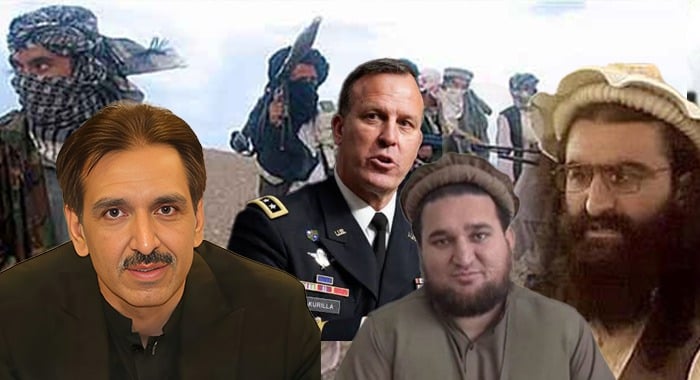In a rare and significant acknowledgement, U.S. CENTCOM Commander General Michael Kurilla recently praised Pakistan’s counter-terrorism efforts, specifically highlighting the country’s success in neutralising high-value ISIS-Khorasan (IS-KP) commanders, many of whom remained elusive even for top American agencies like the CIA. His comments, made in a classified briefing to U.S. lawmakers, are not only timely but also reaffirm Pakistan’s relevance as a front-line state in the global war on terror.
What makes this appreciation particularly notable is Kurilla’s recognition of Pakistan’s resource limitations. Despite these constraints, Pakistani security forces have managed to capture or eliminate some of the most wanted terrorists, those who were considered high-priority targets by the United States. Among these successes is the capture of a senior ISIS commander, a development reportedly conveyed by Pakistan’s Chief of Army Staff, Field Marshal Syed Asim Munir, directly to General Kurilla. This isn’t just a military achievement; it’s a diplomatic message of Pakistan’s operational credibility in the face of global threats.
Yet, these successes come at a high cost. Pakistan continues to endure a relentless wave of terrorism from various fronts. From IS-KP to remnants of Tehreek-e-Taliban Pakistan (TTP) and its breakaway factions like Jamaat-ul-Ahrar, hundreds of soldiers and civilians have been martyred in recent years. The western borderlands remain under particular strain, as do areas in Khyber Pakhtunkhwa, where the battle against violent extremism continues unabated.
One of the least understood but highly consequential dynamics is the intra-organisational conflict within the TTP. A split exists between the central leadership under Mufti Noor Wali Mehsud and factions like Jamaat-ul-Ahrar, known for their uncompromising, hardline stances and preference for expanded violence across Pakistan, especially in Punjab. Their opposition to dialogue with the state and resentment over the TTP’s internal politics, including the alleged neglect of broader provincial targets, has created a growing fissure. Personalities like Ehsanullah Ehsan and Sarbakaf Mohmand have publicly criticised the central TTP leadership, accusing it of media-centric politics and regional confinement.
This fragmentation, while dangerous, offers the Pakistani state a strategic opening. The more these groups remain divided — whether over ideology, leadership, or tactical priorities — the more their organisational strength erodes. There is growing speculation that these internal differences are being quietly observed, if not actively exploited, by Pakistani and regional intelligence agencies. Even elements within the Afghan Taliban are rumoured to have taken steps against certain TTP factions, although these reports remain unverified.
On the diplomatic front, Pakistan is complementing its internal fight with an active international campaign to counter India’s narratives and present its own case. Leading this charge is former Foreign Minister Bilawal Bhutto Zardari, who has taken Pakistan’s position from Washington to the United Nations, and now to Brussels. His engagements have focused on key issues such as India’s violations of the Indus Waters Treaty and incidents like the Pahalgam firing, drawing international attention to human rights concerns and regional destabilisation.
This dual strategy, firm counter-terrorism at home and assertive diplomacy abroad, marks a recalibrated approach in Pakistan’s national security doctrine. It is a clear message that while Pakistan continues to face immense internal challenges, it is not passive. It is engaging, resisting, and reshaping narratives, both through boots on the ground and voices on global platforms.
The recognition by General Kurilla is not merely symbolic; it validates Pakistan’s sacrifices and underscores its potential role in any future regional security architecture. But this momentum must be sustained. Factionalism within militant groups needs to be further studied and leveraged. Diplomatic missions must be followed through with clear objectives. And above all, the international community must understand that Pakistan’s war on terror is not just its own, it remains a bulwark for regional and global stability.





